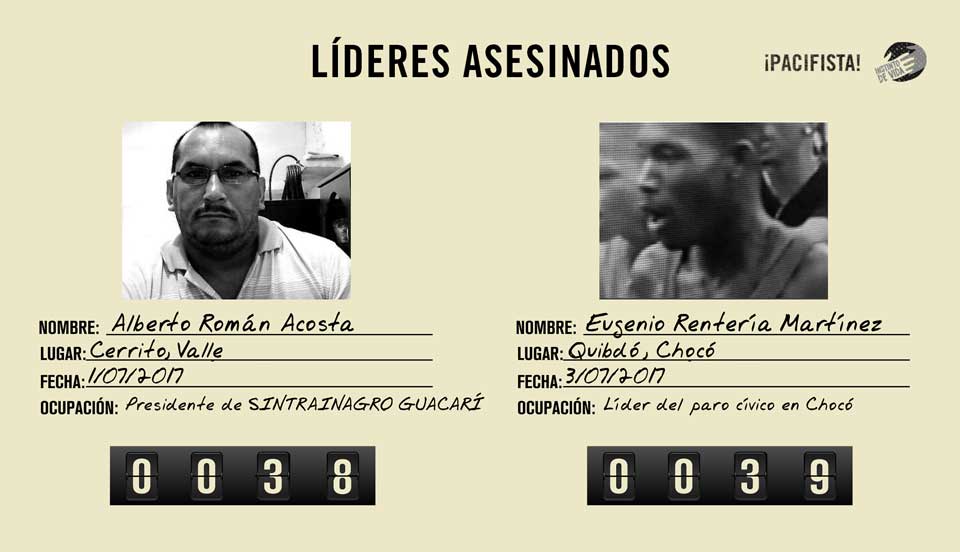 Oliver Pritchard enters into the holiday season with a run-down of games that can be played both inside and outside the classroom
Oliver Pritchard enters into the holiday season with a run-down of games that can be played both inside and outside the classroom
Easter is a time for holidays, so many of you will be away from classes. We talked in a previous edition about how to practise outside the classroom, so there’s no excuse to stop learning English during the holidays.
Since it’s also a time of celebration and fun, here are some ideas for games you can use to practise English over the holiday period – whatever your level. Note that lots of games that work for beginners will be just as much fun for advanced users, and many can be adapted to play verbally.
 Taboo (tabú)
Taboo (tabú)
Intermediate+ 4-10 players
Needed: pens, paper and time
This game is easier to play if you have a copy of the official game, however it is possible (and gives extra practice) without it. First everybody writes some words (nouns work best) on a piece of paper. Then, pass the papers around, each time adding a connected word until you have four (or five) words on each paper. For example: TEA … India; China; pot; afternoon; brew.
Take turns to pick a piece of paper and explain the top noun…without using any of the other words (or words from the same family, i.e Chinese) on the paper. For example: “It’s a dark liquid we drink with milk in the UK, often with biscuits”. See how many your team can guess in two or three minutes!
 Charades (charadas)
Charades (charadas)
Elementary+ 4-10 players
Needed: pen and paper
This is a very useful game for language practice, because it has no real language. Simply write down verbs, adjectives or adverbs on pieces of paper, collect them together and take turns to pick them out at random. Then, act out whatever verb/adj/adv that you have, and everyone else guesses.
You can also get more creative if you play with names of films, books, songs etc. Touch your ear to indicate ‘sounds like’ and mime a word that rhymes or sounds similar, show the number of syllables in a word by tapping that number of fingers on your other hand, move your hand in circles to signal ‘keep guessing’.
Exquisite Corpse
Pre-intermediate+ 2-6 players
Needed: pen and paper
You know this game with drawings, but it can work with language too. For lower levels, simply ask everyone to name a person, then a verb, then an adjective, then a noun etc. Fold the paper over and pass on after each addition. At the end, fold the paper out and make a story using the words you have, in order. Then read each story to see which is funniest.
For higher levels, you can use more specific grammar points. For example, I often use this for the third conditional. Start with, “If I hadn’t gone to the party…” and pass on. The next person completes the sentence, for example “…I wouldn’t have met that guy.” Then the next person continues “If I hadn’t met that guy…” and so on. It’s very useful for conditionals to practise avoiding dittography.
 Hangman
Hangman
Elementary+ 3-6 players
Needed: pen and paper
Very simple. Write a word on a piece of paper and hide it. Then draw as many dashes as there are letters in the word. Players then guess letter by letter. If they guess correctly, the letters in the word are filled in, while each incorrect guess results in another line on the hangman. Words without formal vowels, such as myrrh; pygmy; rhythm are particularly useful. Actually, it’s a bit dull and kills a class like nothing else.
Chinese Whispers/Telephone (telefono roto)
Elementary+ 6-12 players
Needed: people
A fun game for all levels – simply adjust the phrase depending on the level. Line up left to right and the first person whispers in the ear of the person on their right, who then repeats and so on. Finally the last person stands up and repeats the final phrase. See how close it is to the original! You can get more practice by using reported speech here too “Juan told me…”.
 Scattergories
Scattergories
Pre-Intermediate+ 3-7 players
Needed: pens, paper and 20-sided die (D20) or scrabble tiles
This game is a simple vocabulary test. Start by choosing a category, then roll your D20 to find the first letter of words associated with the category. If you don’t have any dice, take a scrabble tile or find some other random way of selecting a letter. It’s a good idea to take K, Q, W, X, Y and Z out. Then write as many words as you can think of starting with that letter in two minutes.
For example: If the category is food and the letter…L! You could write Lettuce; Leek; Legumes; Lime; Liquor; Leatherback turtle etc. Score either 1 point per word and 1 extra point per unique word or 1 point per word and 5 extra points for unique words. Make the game harder by making categories more specific (for example, fruits instead of just food), or by making the time shorter.
Look online for category ideas such as: Boy’s names, animals, things that are cold, insects, TV Shows, things that grow, things that are black, movie titles, musical instruments.
 Bananagrams
Bananagrams
Intermediate+ 3-6 players
Needed: scrabble tiles (or bananagrams official game)
Players take 18 scrabble tiles and create interconnecting words, in the style of a crossword. The first person to use all their letters shouts “take” and everyone takes another two tiles. When these two tiles have been incorporated (you can change the words around as much as you need), shout “take” again until all tiles have been used. The first to use all their tiles is declared the winner.
Fictionary
Upper-Intermediate+ 2-8 players
Needed: pens, paper and a dictionary (English or bilingual)
This game works best with complex language, but can work for lower levels if you choose easier words. One player selects a word (preferably very strange and unknown) like ‘stillicide’; ‘lemniscate’; ‘brachiate’, all of which should confuse some native speakers. All the other players guess at a definition and write it down. Afterwards, read the definitions and see if a) any are close to the truth b) any are very creative. Score points for correct or close answers, or for most creative.
A variant of this is Call My Bluff, where you choose a word, write the official definition and two false definitions. Then read them out and see who can guess which is real and which two are lies.
So there you go, a whole lot of games you can play to practise English, although there are thousands more that your teachers probably use. Also, if you enjoy playing our DIY versions, consider buying the official games, such as Scrabble, Bananagrams, Taboo, Boggle etc.




